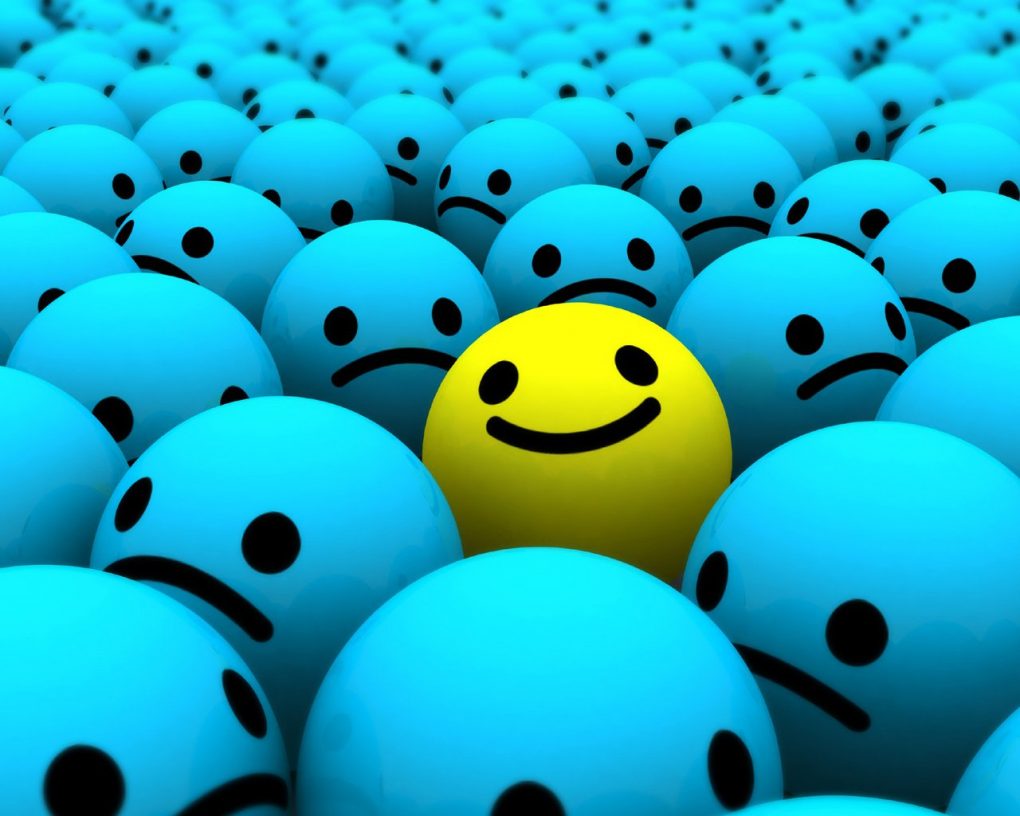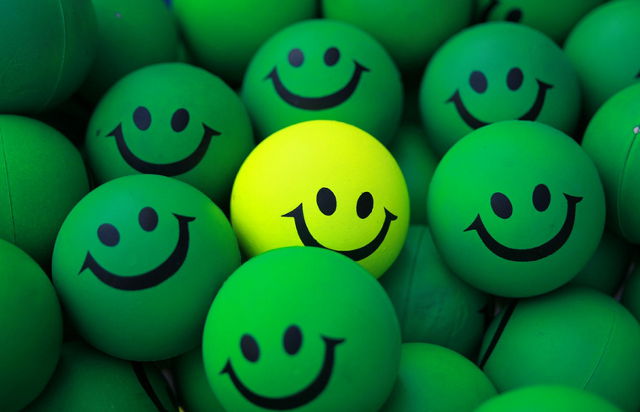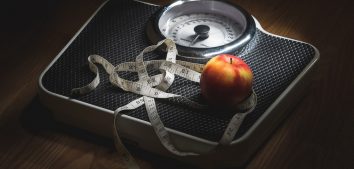
HORMONES OF HAPPINESS
Today the first text about hormones. A short one, because it’s a blog, not a scientific book.
But the subject is important and I would like you to treat this post and the next ones as inspiration to look for more about hormones, to think if perhaps your problems are of hormonal nature, as prevention.
Hormones are biochemical substances that regulate our metabolism. Everything depends on them: health, mood and appearance. We do not think about them unless we are sick, and even if we are in a bad mood or suffer from some health problems, we usually do not consider consulting an endocrinologist. Appreciate your hormones, it’s worth it.
Hormones are produced by endocrine glands: the pituitary gland, thyroid gland, parathyroid glands, pancreas, adrenals as well as ovaries for women or testicles for men. They all are like an internal courier service, conveying messages between organs by means of blood. The endocrine system has its managements: the pituitary gland and hypothalamus, which are managing the whole body collecting information from all parts and deciding on the amount of secreted hormones. Hormones secreted by endocrine glands reach particular organs and activate them to secrete their own hormones.
That’s all by way of introduction. Today I would like to introduce three hormones that decide on our physical and mental state, mood and energy. Stress is a factor which disrupts the work of hormones. On the other hand, disrupted hormones may increase stress.
Which hormones correspond to our happiness?
- serotonin
- dopamine
- melatonin
If the brain secretes too little of them due to: lack of sleep, a lot of stress, diseases etc., we have a worse mood, more problems with sleeping, lockjaw at night, mood disorders etc.
photos: Adam Mruk
Serotonin is secreted by the hypothalamus. This hormone conveys information between cells in our center of management – the brain. It is responsible for the quality of our sleep (phases), has a calming effect. It has an influence on the digestive system, controls blood pressure, plays an important part during the menstrual cycle. Its deficiency leads to insomnia, mood disorders, sadness, apathy, depression, aggressive behaviours, eating disorders. It also triggers cravings for sweets, because sugar increases the level of serotonin.
What to do?
- It has been proven that an excellent way to increase the level of serotonin is physical activity. Moderate everyday workouts lasting 30 to 45 minutes will be enough.
- You should take care of everyday rest and long sleep.
- You should be in the fresh air every day.
- Every day provide B vitamins for your body, also as supplements. Eat groats, nuts, seeds and sprouts. Eat animal protein, because it contains tryptophan. Eat healthy fats.
- The level of serotonin may be increased by kissing and having sex :)!
Dopamine is produced by brain cells and the spinal cord. When you are delighted with a scene in a film or a beautiful view etc. the level of dopamine rises. Dopamine deficiency leads to laziness, difficulties in getting up in the morning, lack of concentration, nervousness (“being ticked off”). People who drink coffee and energy drinks for the entire day may have the reduced level of dopamine.
What to do?
- Before going to sleep – ventilate your bedroom, use relaxing oils on your pillow, drink lemon balm.
- Be exposed to sunlight as much as you can, phototherapy may help in winter.
- Eat fruits, especially bananas, they will provide dopamine quinine.
- Eat products rich in antioxidants.
Be careful! – excess of dopamine may lead to destructive behaviour e.g. to gambling.
Melatonin is a hormone produced by the pineal gland, it is a hormone for a good night sleep. Its deficiency is caused by smoking, drinking alcohol and staying up late. Neglecting the natural rhythm: day – activeness, night – sleeping, seriously affects melatonin production. Especially unhealthy is using (sometimes for a few hours) devices such as a computer, tablet, phone, but also watching TV. Looking through hundreds of pieces of information while being tired after the whole day artificially stimulates the brain, but the effects of its work are generally poor. Besides, it affects eyesight.
What to do?
- 2 hours before going to sleep switch off all the screens.
- Take care of organizing your day as far as possible, put emphasis on eating supper and going to sleep always about the same time.
- Benefit from the fresh air.
- Sleep in a ventilated room.
- Take care of sleep hygiene: change the sheets, sleep in a sleeping outfit.
- Eat proteins with vegetables and vegetable fat for supper.














Comments No Comments
Join the discussion…